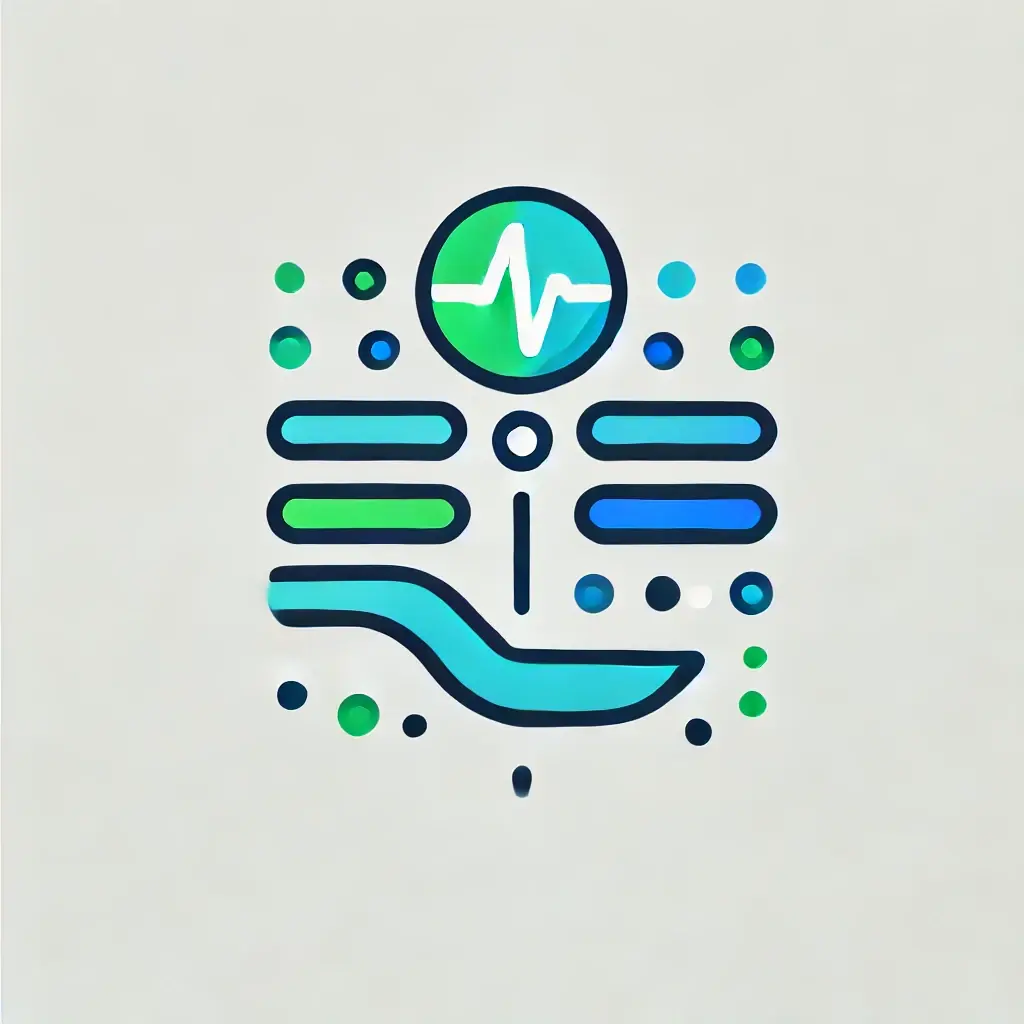AI-powered health diagnostics are revolutionizing healthcare by leveraging advanced algorithms to analyze vast amounts of medical data and provide accurate diagnostic insights[1][2]. These technologies are transforming the way diseases are detected, diagnosed, and monitored, offering unprecedented opportunities to enhance patient care and improve health outcomes.
One of the key applications of AI in health diagnostics is the analysis of medical imaging. AI algorithms can process and interpret medical images such as X-rays, MRIs, CT scans, and ultrasounds with remarkable accuracy and speed[3][4]. For example, AI models trained on large datasets of medical images can detect subtle patterns indicative of early-stage diseases like cancer, often surpassing human capabilities in terms of precision and consistency[2].
Diagnostic apps and health analytics tools are at the forefront of this AI-driven revolution. These applications can analyze a wide range of health data, including vital signs, genetic information, lab results, and even lifestyle factors, to provide comprehensive diagnostic insights[1][4]. By integrating data from multiple sources, these tools can offer a holistic view of a patient’s health status and identify potential health risks or early signs of disease.
AI-powered diagnostics also excel in processing and interpreting complex genetic data. Machine learning algorithms can rapidly analyze genetic sequences to identify mutations or variations associated with specific diseases, enabling more personalized and targeted treatment approaches[3][5].
Furthermore, AI is enhancing the efficiency of healthcare delivery by accelerating the diagnostic process. In emergency situations, AI-assisted tools can quickly analyze symptoms and test results, helping medical teams prioritize care for critical patients[4]. This speed and efficiency are crucial in acute conditions where timely intervention can significantly impact patient outcomes.
The integration of AI in health diagnostics is not limited to hospitals and clinics. Wearable devices and smartphone apps equipped with AI capabilities are enabling continuous health monitoring and early detection of potential health issues[1]. These technologies empower individuals to take a more proactive approach to their health, potentially catching problems before they become serious.
As AI continues to evolve, the future of health diagnostics looks promising. Researchers are working on developing more sophisticated AI models that can provide increasingly accurate and personalized diagnostic recommendations[5]. This ongoing innovation has the potential to further improve diagnostic accuracy, reduce healthcare costs, and ultimately save lives.
While AI-powered health diagnostics offer immense potential, it’s important to note that these technologies are designed to augment, not replace, human expertise. The combination of AI capabilities with clinical judgment and experience is key to realizing the full benefits of these advanced diagnostic tools in healthcare[2][4].
Further Reading
1. AI Imaging & Diagnostics – Google Health
2. AI Chatbots Can Diagnose Medical Conditions at Home. How Good Are They? | Scientific American
3. AI-DRIVEN HEALTHCARE DIAGNOSTICS: A REVOLUTIONARY FRONTIER IN MEDICINE | Mya Care
4. Revolutionizing Patient Care with AI-Driven Diagnostics | Thoughtful
5. Artificial Intelligence for Medical Diagnostics—Existing and Future AI Technology! – PMC


